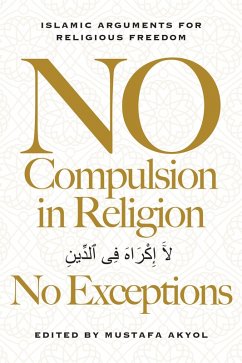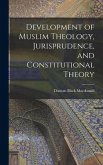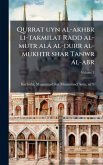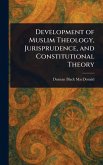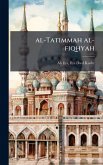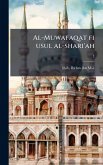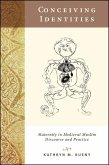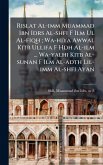Most Muslims today are familiar with that remarkable Qur’anic statement: “There is no compulsion in religion…” (2:256). This verse, in a few words, seems to present an amazingly ancient precedent to a modern liberal value: that religion must be based on freedom, not coercion. However, traditional Islamic legal sources also include various measures of religious coercion. Apostates and blasphemers are sentenced to the death penalty, and “religious police” forces are called to enforce piety. Moreover, some self-defined “Islamic” regimes of today, such as the Taliban, enforce these verdicts rigidly, shocking the conscience of many people, including many Muslims. So, is there really no compulsion in Islam? Or are there serious exceptions to that Qur’anic maxim, as some authorities explicitly argue? This book, edited by Cato Institute Senior Fellow Mustafa Akyol, brings together a team of Muslim scholars to address this important question. By highlighting insights from Qur’anic exegesis, Islamic jurisprudence, Muslim history, and contemporary trends in the Muslim world, they make the case for full-fledged religious freedom. They argue that the Qur’anic maxim, “No compulsion in religion,” should be better embraced wholeheartedly, with no exceptions.
Bitte wählen Sie Ihr Anliegen aus.
Rechnungen
Retourenschein anfordern
Bestellstatus
Storno

